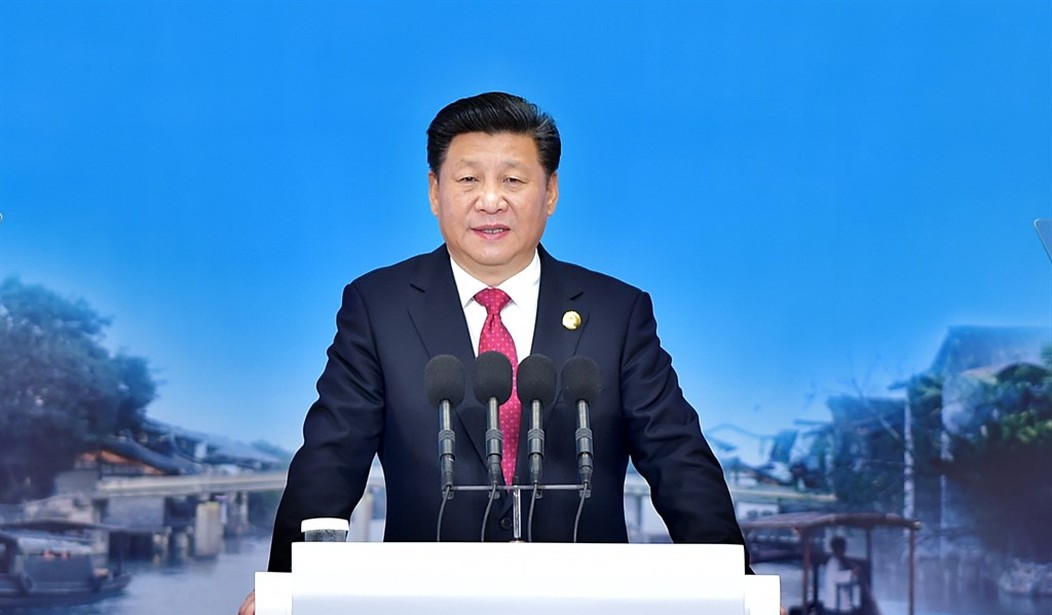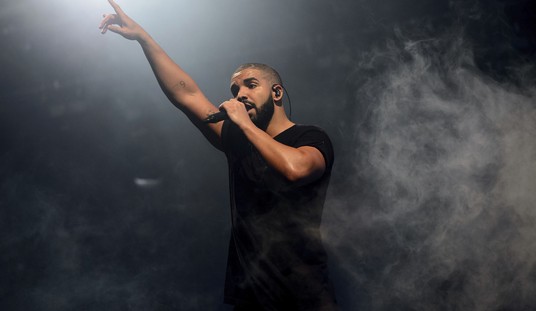Anybody paying attention already knows that there has been a push from the political and cultural elite to censor the Internet. If free thinking and communication are allowed then authoritarianism gets pushback, and we can’t have that.
The UK has joined the censorship bandwagon with the proposed Online Safety Bill that is on the way. (Isn’t it refreshing that the UK doesn’t go in for cutesy acronyms for everything?) In the UK publishers can already be held accountable to a great extent for what they publish, but platforms and search engines are not because they don’t control the content.
The OSB intends to change that, essentially pushing a Minority Report-style pre-censorship across the Internet as it is accessed in Great Britain.
Weighing in at 218 pages, with 197 sections and 15 schedules, the Online Safety Bill is a clunking attempt to regulate content on the internet. Its internal contradictions and exceptions, its complex paper chase of definitions, its weasel language suggesting more than it says, all positively invite misunderstanding. Parts of it are so obscure that its promoters and critics cannot even agree on what it does.
Nadine Dorries, the Culture Secretary, says that it is all about protecting children and vulnerable adults. She claims it does nothing to limit free speech. Technically, she is right: her bill does not directly censor the internet. It instead seeks to impose on media companies an opaque and intrusive culture of self-censorship – which will have the same effect.
As things stand, the law distinguishes between online publishers (like The Spectator) that generate content and can be held responsible for it; and online intermediaries (Google, Facebook, etc) that merely provide online facilities and have no significant editorial function. Mere intermediaries have no obligation to monitor content and are only required to take down illegal material of which they are aware.
The Online Safety Bill will change all this. The basic idea is that editorial responsibility for material generated by internet users will be imposed on all online platforms: social media and search engines. They will have a duty to ‘mitigate and manage the risks of harm to individuals’ arising from internet use.
Google and other providers won’t just have to police the content they dish out or point to for illegal content, either. Instead they will have to censor anything–including perfectly legal content–that could be deemed harmful by the government. Harmful is a term with the potential to cover just about anything that is not part of the approved narrative.
The real vice of the bill is that its provisions are not limited to material capable of being defined and identified. It creates a new category of speech which is legal but ‘harmful’. The range of material covered is almost infinite, the only limitation being that it must be liable to cause ‘harm’ to some people. Unfortunately, that is not much of a limitation. Harm is defined in the bill in circular language of stratospheric vagueness. It means any ‘physical or psychological harm’. As if that were not general enough, ‘harm’ also extends to anything that may increase the likelihood of someone acting in a way that is harmful to themselves, either because they have encountered it on the internet or because someone has told them about it.
This test is almost entirely subjective. Many things which are harmless to the overwhelming majority of users may be harmful to sufficiently sensitive, fearful or vulnerable minorities, or may be presented as such by manipulative pressure groups. At a time when even universities are warning adult students against exposure to material such as Chaucer with his rumbustious references to sex, or historical or literary material dealing with slavery or other forms of cruelty, the harmful propensity of any material whatever is a matter of opinion. It will vary from one internet user to the next.
This bill is currently backed by the Conservative Tories, and just got a positive review of new UK Prime Minister Liz Truss, who said it needs to be tweaked, but she likes the thrust.
“We will be proceeding with the Online Safety Bill,” Truss said. “There are some issues that we need to deal with. What I want to make sure is that we protect the under-18s from harm and that we also make sure free speech is allowed, so there may be some tweaks required, but certainly he is right that we need to protect people’s safety online.”
The Online Safety Bill introduced into parliament is wide-ranging and would, if given effect in its current form, impose extensive obligations on online services providers regarding illegal and harmful content that appears on their platforms. Experts at Pinsent Masons have previously expressed concern that the aims of the Bill – to reduce online harms – could be undermined by a lack of clarity over the way the legislation is to be implemented and enforced.
If you think the Online Safety Bill is reminiscent of China’s Internet regulations, that’s because it is modeled after them. No kidding.
Baroness Beeban Tania Kidron explains: “We first have to dispel the double myth that it is inherent in the digital environment that it cannot reflect jurisdiction and it cannot be regulated. On the first point I just point to China, a different jurisdiction a different service.”
Political elites have been looking more and more to China as a model for creating what amounts to a social credit system, and they are making progress. They are cataloguing more data about each of us, and using private social media platforms as censorship proxies. The process will continue until they have a complete stranglehold on information. That is clearly their goal.








Join the conversation as a VIP Member